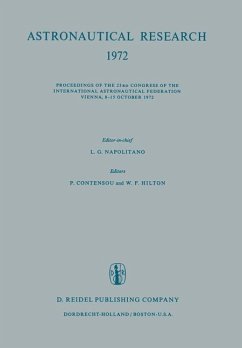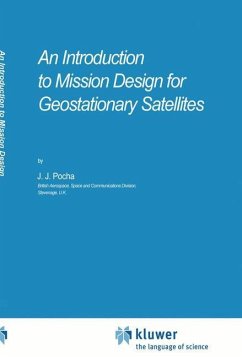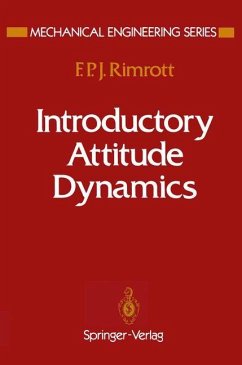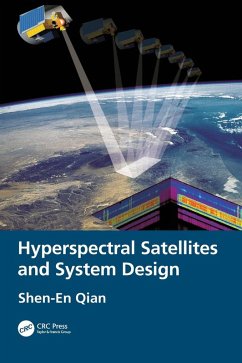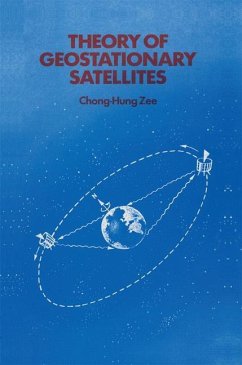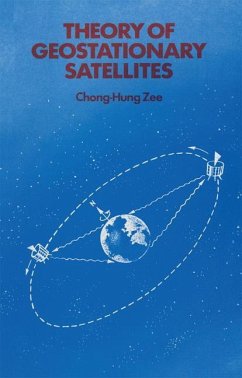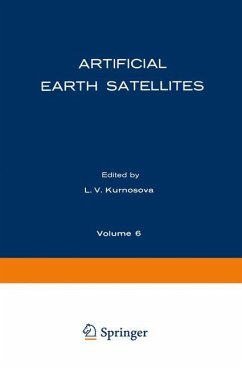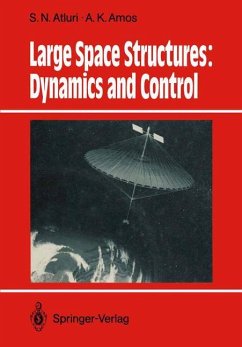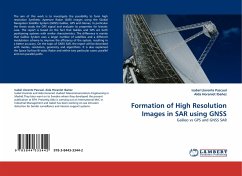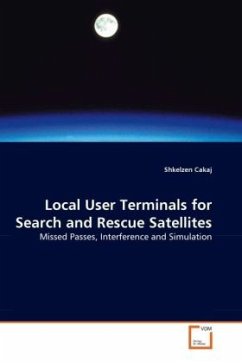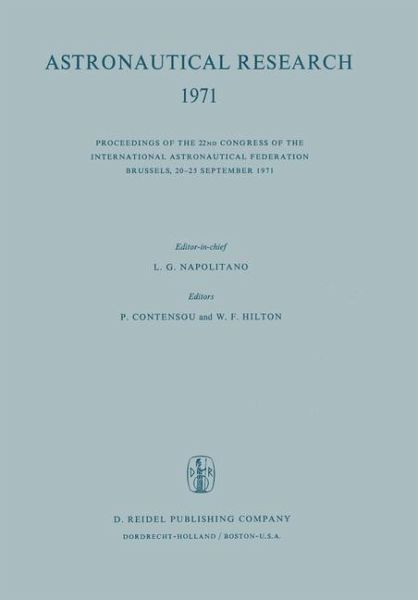
Astronautical Research 1971
Proceedings of the 22nd Congress of the International Astronautical Federation Brussels, 20-25 September 1971
Herausgegeben: Napolitano, L. G.; Contensou, P.; Hilton, W. F.

PAYBACK Punkte
20 °P sammeln!
The International Astronautical Federation is the only professional society in the field of aerospace engineering and Sciences which brings together specialists of all countries interested in the exploration and peaceful exploitation of space. At its annual Congresses a large number of invited and/or carefully selected con tributed papers are presented which cover a wide variety of topics and are distributed over a number of sessions, each one being organized by two leading scientists who later chair the session itself. Each year the selection of specific topics to be dealt with. is dictated e...
The International Astronautical Federation is the only professional society in the field of aerospace engineering and Sciences which brings together specialists of all countries interested in the exploration and peaceful exploitation of space. At its annual Congresses a large number of invited and/or carefully selected con tributed papers are presented which cover a wide variety of topics and are distributed over a number of sessions, each one being organized by two leading scientists who later chair the session itself. Each year the selection of specific topics to be dealt with. is dictated either by significant new progress achieved in some sectors or by new developments and trends which are liable to influence substantially the objectives toward which space research and/or application of space technology will be oriented in the immediate future. A second rigorous screening, performed with the help of the Session Chairmen and carried out according to the same criteria identifies finally the papers which are published in the Proceedings. The outcome of all this is reliable and authoritative information as to the actual status and future trends of space activities, both from the research point of view and from the point of view of u~ilization and/or application.





